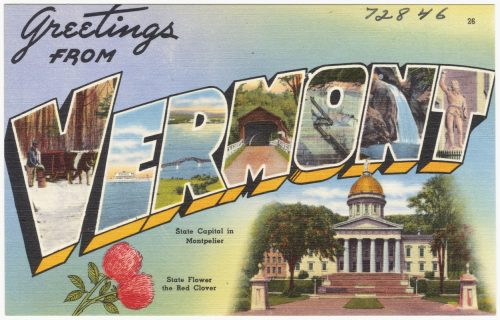
Vermont Expands Statewide CLEAN Program and Recognizes Locational Benefits of Distributed Generation
The Clean Coalition will continue working with policymakers and utilities across the country to ensure broader recognition of the true value of distributed generation.
 On May 18, Vermont’s Governor Shumlin signed into law the 2012 Energy Bill, which contains a groundbreaking acknowledgement of the locational benefits of distributed generation and more than doubles the amount of clean local energy that will be brought online through the state’s CLEAN Program.
On May 18, Vermont’s Governor Shumlin signed into law the 2012 Energy Bill, which contains a groundbreaking acknowledgement of the locational benefits of distributed generation and more than doubles the amount of clean local energy that will be brought online through the state’s CLEAN Program.
The new law expands Vermont’s statewide CLEAN Program, known locally as the Standard Offer program, from 50 MW to 127.5 MW over the next ten years. Notably, the capacity of any distributed generation facility that provides “sufficient benefits to the operation and management of the electric grid” as a result of its location or other characteristics will not count towards the overall program cap of 127.5 MW. Therefore, no limit exists on the amount of clean local energy that can come online from facilities providing sufficient locational benefits.
The recognition of locational benefits by Vermont legislators is a major step towards broader awareness of the true value of distributed generation. Clean local energy projects alleviate transmission and distribution (T&D) constraints, while also avoiding the inefficient and expensive long-distance transmission of energy. As a leading advocate for the recognition of locational benefits in California, the Clean Coalition provided policy support to Vermont-based clean energy organizations engaged in the legislative process.
“The Clean Coalition’s invaluable work, made available to all through their on-line publications, clearly illuminated to state legislators the transmission and distribution benefits and peak load savings provided by distributed generation power stations,” said Gabrielle Stebbins, Executive Director of Renewable Energy Vermont. “The legislative emphasis on T&D and peak load benefits would not have remained in this bill without their help.”
The Clean Coalition will continue working with policymakers and utilities across the country to ensure broader recognition of the true value of distributed generation.

